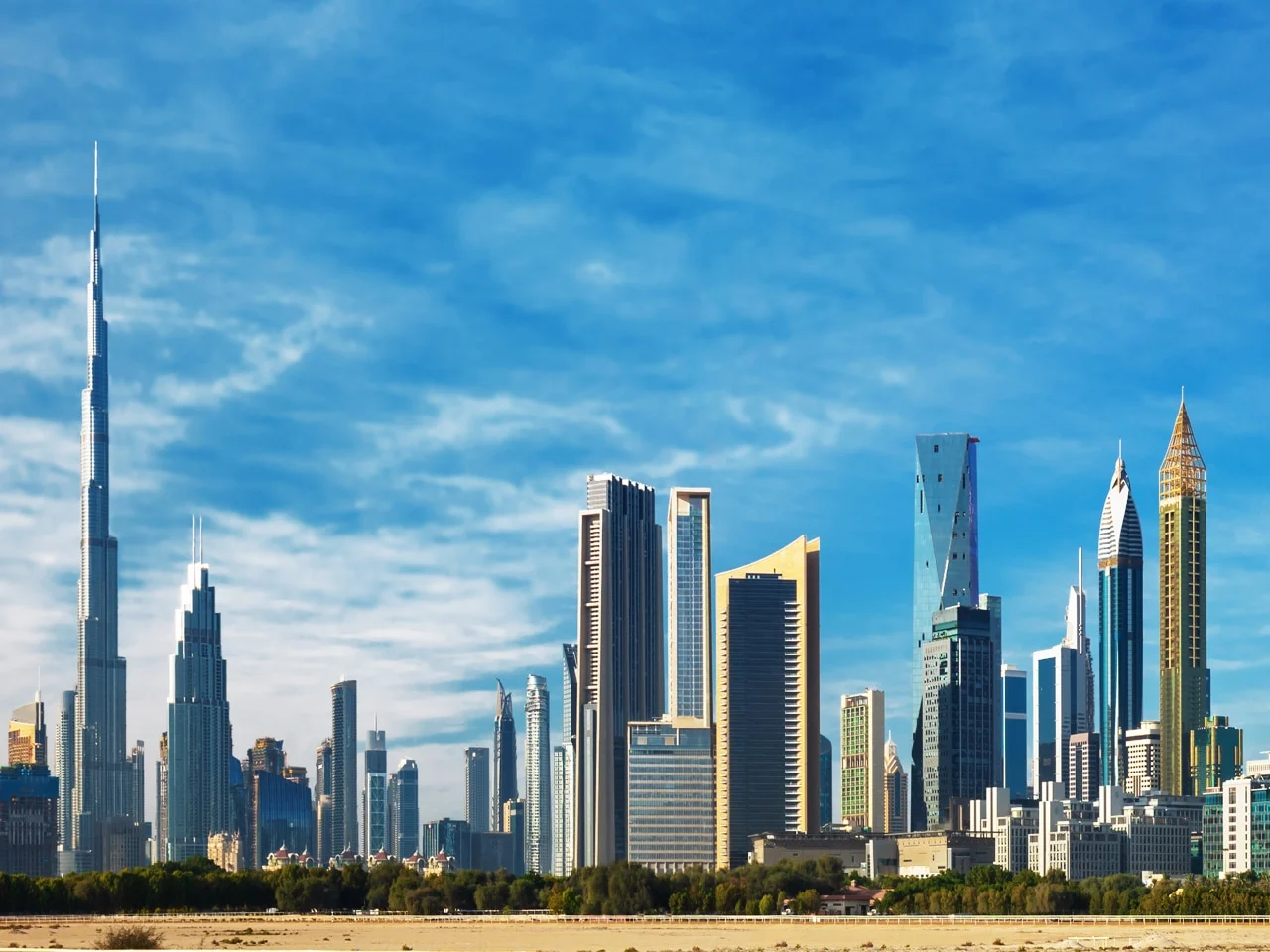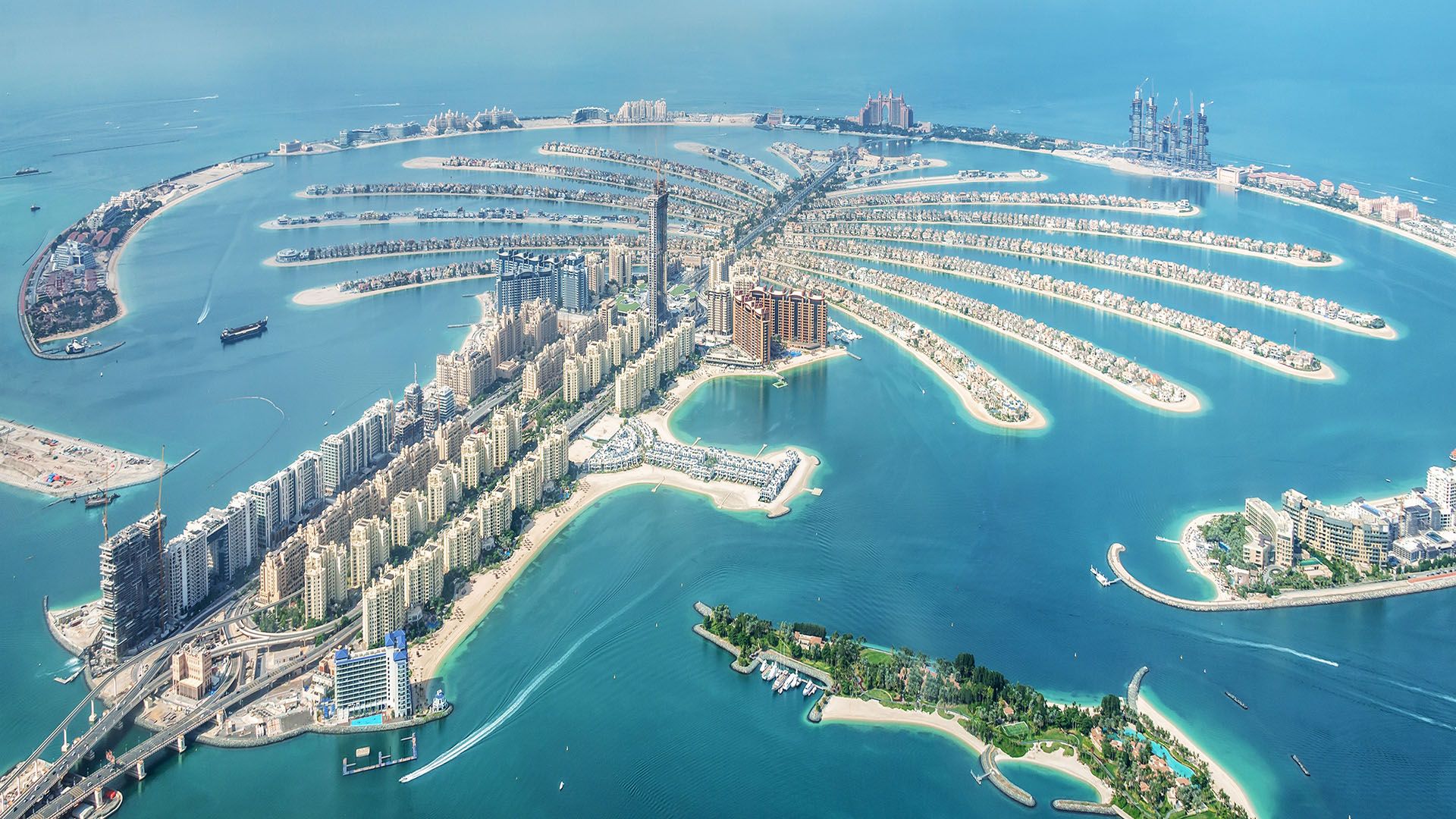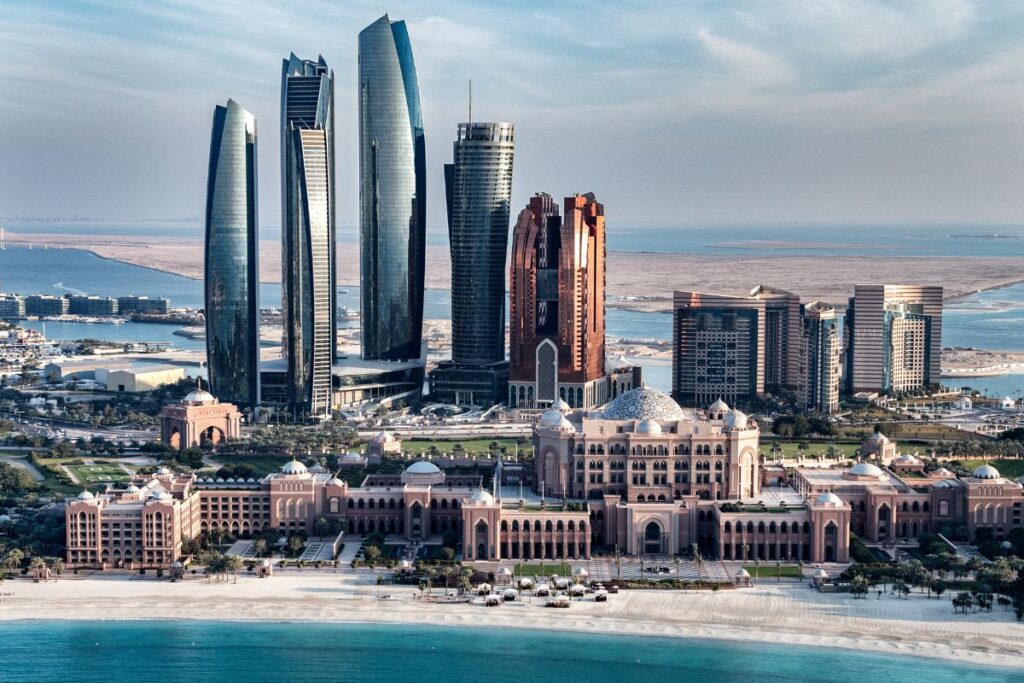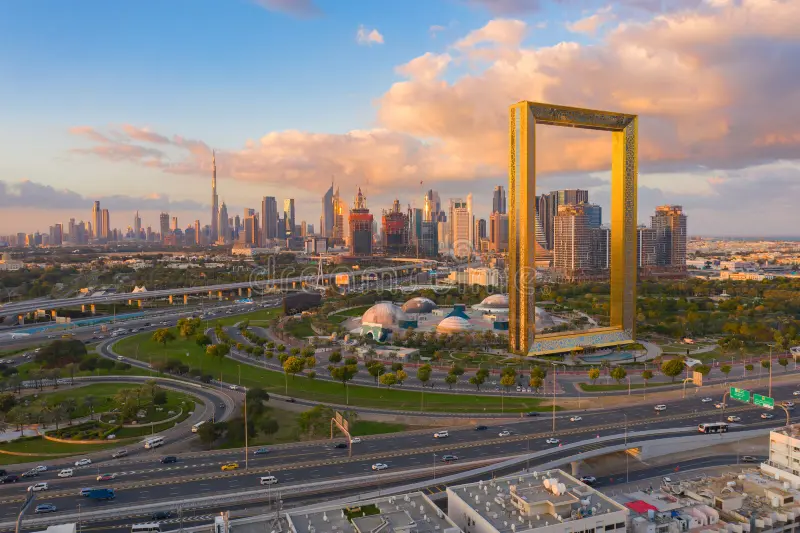Dubai has become one of the world’s hottest hubs for influencers, creators, and digital entrepreneurs. Whether you’re a content creator, YouTuber, podcaster, or social media strategist, the opportunities in Dubai are unmatched. From brand collaborations to luxury events, influencer marketing in Dubai is now a multi-billion-dirham industry, and 2025 is shaping up to be its biggest year yet.
If you’ve been thinking about turning your online presence into a full-time business or setting up your influencer company in Dubai, this guide will walk you through everything — from choosing the right business structure to understanding the legal and tax requirements.
1. Why Dubai Is the Perfect Place to Start an Influencing Business
Dubai offers a unique mix of advantages for creators and influencers:
- Tax-Free Environment: There’s no personal income tax on your earnings, which means you keep more of what you make.
- Global Audience Access: Dubai is a hub for international brands, giving influencers exposure to partnerships beyond the UAE.
- Luxury and Lifestyle Appeal: With stunning architecture, beaches, and an aspirational lifestyle, it’s the ideal backdrop for creating premium content.
- Strong Creator Economy: The influencer industry in the UAE has grown over 20% annually since 2020, with brands investing heavily in creator collaborations.
- Government Support: Dubai actively promotes the creative economy and digital entrepreneurship, making it easier than ever to get licensed and operate legally.

2. Understanding the Legal Requirements
Unlike many countries, you cannot legally earn from influencing in Dubai without the proper business license. The UAE’s National Media Council (NMC) regulates social media activities, and influencers need a permit or trade license to promote brands for money.
There are two main legal options:
Option 1: Individual Influencer Permit (Freelancer License)
If you’re an independent creator, this is your simplest route.
- You’ll need a freelance license from a Dubai Free Zone (like DMC or GoFreelance).
- After that, you can apply for an Influencer Permit from the UAE Media Council.
- This allows you to work with brands and receive payments under your name.
Option 2: Influencer Agency or Company Setup
If you plan to scale your business, manage other creators, or sign brand retainers, setting up a company makes more sense.
- You can register your business in a Dubai Free Zone, which allows 100% ownership.
- Common free zones for influencers include Dubai Media City, Dubai Internet City, Dubai Design District, and Meydan Free Zone.
- A trade license under categories like “Marketing Services,” “Content Creation,” or “Digital Media Production” is suitable.
3. Choosing the Right Free Zone for Your Influencer Business
The free zone you choose depends on your business model and budget.
Top Free Zones for Influencers:
- Dubai Media City (DMC) – The most recognized zone for media professionals.
- Perfect for influencers, photographers, videographers, and agencies.
- Offers access to industry events, creative spaces, and networking opportunities.
- Dubai Design District (d3) – Best for fashion, lifestyle, and art influencers.
- It’s the go-to destination for luxury and design-related content creators.
- Meydan Free Zone – A cost-effective choice for new creators.
- You can set up your influencer business remotely with an e-license.
- Dubai Internet City (DIC) – Great for digital marketers, tech influencers, and online entrepreneurs.
When selecting a free zone, compare:
- Setup cost
- Number of visas included
- Allowed business activities
- Office or coworking space requirements
4. Step-by-Step Guide: How to Start Your Influencing Business
Let’s break down the entire process into clear, actionable steps.
Step 1: Choose Your Business Structure
Decide whether you’ll operate as a freelancer or company:
- Freelancer License: Ideal for solo creators and influencers.
- Company Setup (FZ-LLC): Best for scaling, hiring, or expanding services.
Step 2: Select a Business Activity
Free zones in Dubai have pre-approved lists of activities. For influencers, these could include:
- Content Creation
- Digital Marketing Services
- Social Media Management
- Media Production
Choose one that aligns with your niche (fashion, travel, fitness, etc.) and covers your future business scope.
Step 3: Apply for Trade Name Approval
Propose 3–4 trade name options. Ensure your name doesn’t include restricted words (like “Dubai” or “Emirates”) unless approved.
Step 4: Submit Application and Documents
You’ll typically need:
- Passport copy
- Emirates ID (if applicable)
- Business plan (for some zones)
- Proof of address
After submission, you’ll receive initial approval within a few working days.
Step 5: Pay the Fees and Receive Your License
Once approved, you’ll pay the setup fee. Freelance packages start from around AED 7,500–10,000, while full company setups may range between AED 12,000–20,000, depending on the zone.
Step 6: Apply for UAE Media Council Influencer Permit
To legally collaborate with brands and advertise online:
- Apply for the E-Media License (cost: approx. AED 1,500–5,000/year).
- This ensures compliance with UAE’s advertising and content laws.
Step 7: Open a Bank Account and Start Operating
Once your trade license is active, open a business bank account to receive brand payments.
Banks like Wio, Mashreq NeoBiz, and Emirates NBD are popular among influencers.

5. How Much Does It Cost to Start an Influencing Business in Dubai?
Your total setup cost depends on your structure and chosen free zone.
| Setup Type | Estimated Cost (AED) | Includes |
|---|---|---|
| Freelancer License | 7,500 – 10,000 | 1 activity, 1 visa, permit |
| FZ-LLC (Small Agency) | 12,000 – 18,000 | 2–3 activities, 1–2 visas |
| E-Media Influencer Permit | 1,500 – 5,000 | Required for paid collaborations |
| Optional Coworking Space | 1,000 – 3,000/month | (If needed) |
Annual Renewal Costs
Most free zones charge similar renewal fees as the setup amount. You can renew online without visiting the office physically.
6. Understanding Taxes and Financials
Even though Dubai is tax-friendly, there are a few things influencers must know:
- No Personal Income Tax: You don’t pay tax on personal or brand income.
- Corporate Tax (9%) applies only if your company’s annual profit exceeds AED 375,000.
- VAT (5%) applies if your revenue exceeds AED 375,000/year — you must register with the FTA.
If you’re just starting out and earning below that threshold, you can operate tax-free.
7. Monetization Avenues for Influencers
Starting an influencer business isn’t just about posting photos — it’s about building multiple revenue streams.
1. Brand Collaborations
Partner with brands for sponsored posts, product launches, or ambassadorships.
2. Affiliate Marketing
Earn commissions for promoting affiliate links and discount codes.
3. Product Lines or Merch
Create your own physical or digital products (courses, guides, clothing, presets).
4. Events and Workshops
Host paid workshops, meetups, or masterclasses.
5. Consulting or Strategy
Offer services like personal branding, social media management, or influencer marketing strategy.
8. Building Your Brand Identity
Before you start pitching to brands, your personal brand must be strong and professional.
Tips to Build a Powerful Influencer Brand in Dubai:
- Define Your Niche: Focus on one core topic — fitness, luxury, travel, or finance.
- Create Consistent Visuals: Dubai’s aesthetic plays well with luxury and lifestyle themes.
- Be Relatable: Audiences in Dubai value authenticity over perfection.
- Network Locally: Attend industry events, launch parties, and free zone networking sessions.
- Collaborate with Other Creators: This grows your visibility faster.

9. Legal and Ethical Guidelines for Influencers
In the UAE, influencers must follow NMC regulations to maintain transparency and authenticity.
Here are some essential rules:
- Always disclose paid collaborations with a #PaidPartnership or #Ad tag.
- Avoid content that criticizes the UAE or promotes misinformation.
- Respect cultural sensitivities, especially around religion, politics, and attire.
- Do not promote unlicensed products (e.g., supplements, medical services).
Violating these guidelines can result in fines up to AED 5,000–10,000 or suspension of your permit.
10. Tips to Succeed as an Influencer in Dubai in 2025
The influencer landscape in 2025 will be competitive — but also full of opportunity.
1. Focus on Video Content
Reels and YouTube Shorts dominate engagement. Make high-quality, story-driven videos.
2. Be Platform-Agnostic
Diversify across Instagram, TikTok, YouTube, and LinkedIn to reach varied audiences.
3. Partner with Local Businesses
Collaborate with restaurants, gyms, and fashion brands in Dubai to grow your presence.
4. Use AI Tools for Productivity
Tools like ChatGPT, Canva AI, and CapCut Pro can streamline your content creation.
5. Track Your ROI
Treat your influencer journey like a business. Use analytics to measure performance and growth.
11. Common Mistakes to Avoid
- Not Getting Licensed: Operating without a valid permit can lead to penalties.
- Ignoring Taxes: Even if you’re exempt, staying compliant builds trust.
- Underpricing Work: Know your worth and charge for engagement, not just followers.
- Lack of Niche Clarity: Trying to cover everything confuses your audience.
- Not Networking Locally: Dubai thrives on relationships — meet people offline.
12. The Future of Influencing in Dubai
With the UAE pushing toward becoming a global creative hub by 2030, influencers and content creators will continue to play a massive role in its economy. The rise of AI-driven campaigns, virtual influencers, and creator-led businesses means this industry will only expand further.
The government’s support for freelancers and creators ensures that Dubai remains one of the easiest and most rewarding places to start your influencer business.

Conclusion
Starting an influencing business in Dubai in 2025 is more than just creating content — it’s about building a real brand, a company, and a lifestyle. Whether you’re an aspiring creator or an established influencer looking to go legit, Dubai’s free zones offer a streamlined, transparent, and tax-friendly way to scale your career.
So if you’ve been dreaming of transforming your influence into a business — now is the time to make it happen.

